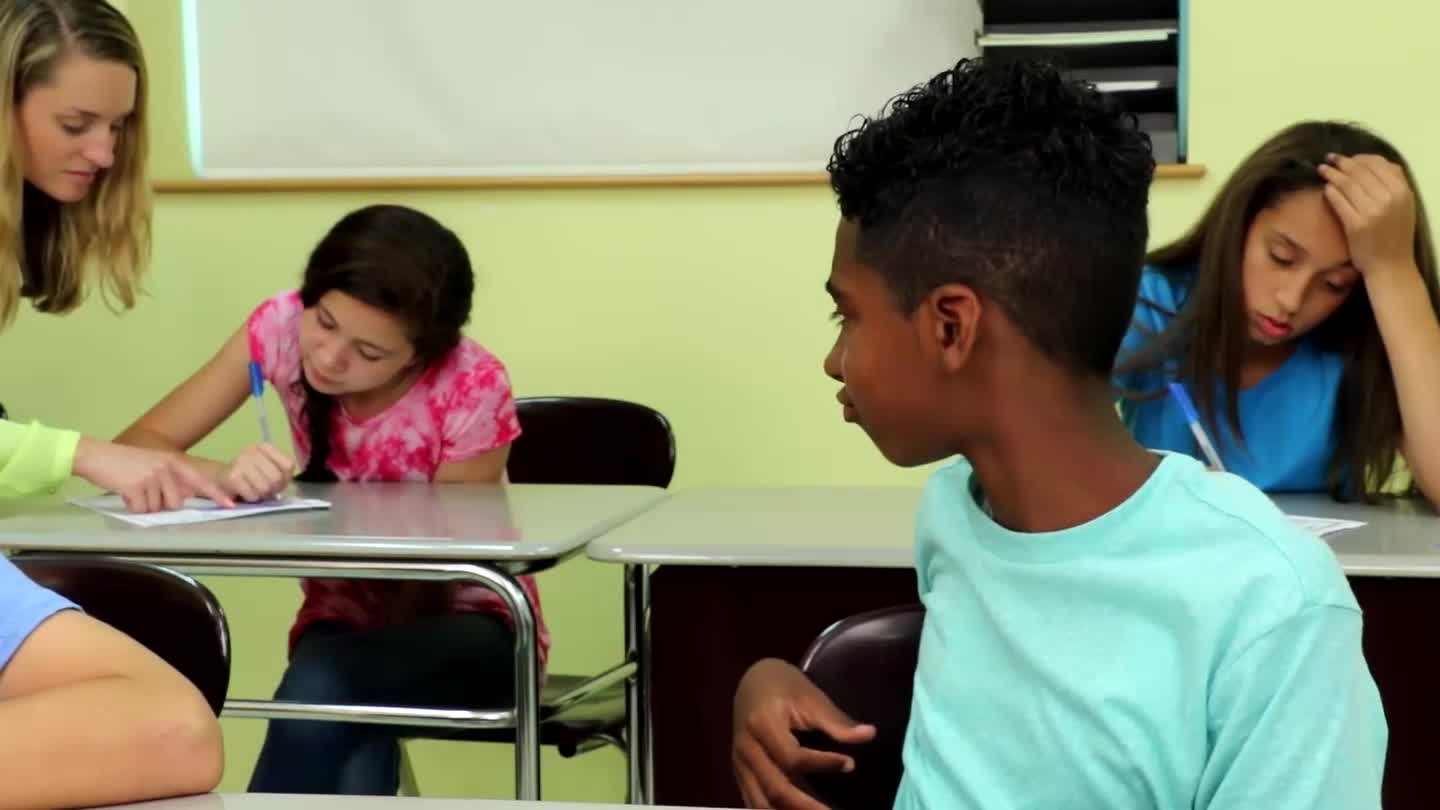
Introduction
In this blog post, we will discuss an engaging and interactive activity called ‘Guess What Happens Next’ that focuses on school behavior. This activity aims to help students understand how their actions can impact others and develop better decision-making skills. The principles of Social-Emotional Learning are integrated throughout the activity, helping students to navigate their emotions, communicate effectively, and strengthen their relationships with others.
No-Prep Activity
The ‘Guess What Happens Next’ activity requires no preparation or materials from the educator. All you need is a video or a series of short clips that depict various school situations involving students and their behavior. Follow these steps to conduct the activity:
- Play the video or a short clip for the students, pausing it right before a character makes a decision or takes action.
- Present three possible outcomes for the situation, asking the students to guess which one will happen next.
- Resume the video and reveal the actual outcome, discussing the character’s decision and its impact on the rest of the class.
- Repeat this process for each situation in the video or with additional clips, allowing students to practice their understanding and empathy skills.
This activity encourages students to think critically about their own behavior in school and how it might affect their peers and teachers. It also promotes empathy, as students are challenged to consider the feelings of others in each situation.
Discussion Questions
After completing the ‘Guess What Happens Next’ activity, use these questions to stimulate further discussion among students:
- How did the character’s actions affect the rest of the class? Did it have a positive or negative impact?
- What could the character have done differently to create a more positive outcome?
- Can you think of a time when you were in a similar situation? How did you handle it, and how did it affect others?
- Why is it important to consider the feelings of others when making decisions in school?
- How can we practice empathy and understanding when dealing with challenging situations in school?
Related Skills
Beyond understanding others’ reactions and improving school behavior, this activity also helps students develop other essential Social-Emotional Learning skills, such as:
- Self-awareness: Recognizing and understanding one’s own emotions and their effects on behavior.
- Self-management: Effectively managing emotions, thoughts, and behaviors in different situations.
- Responsible decision-making: Making constructive and ethical choices that consider the well-being of oneself and others.
- Relationship skills: Building and maintaining healthy relationships with diverse individuals and groups.
Next Steps
Are you interested in exploring more engaging activities and resources to help your students develop essential Social-Emotional Learning skills? Sign up for free samples of skill-focused materials and activities from Everyday Speech. These resources are designed to support educators in fostering a positive learning environment and nurturing students’ social-emotional growth.

